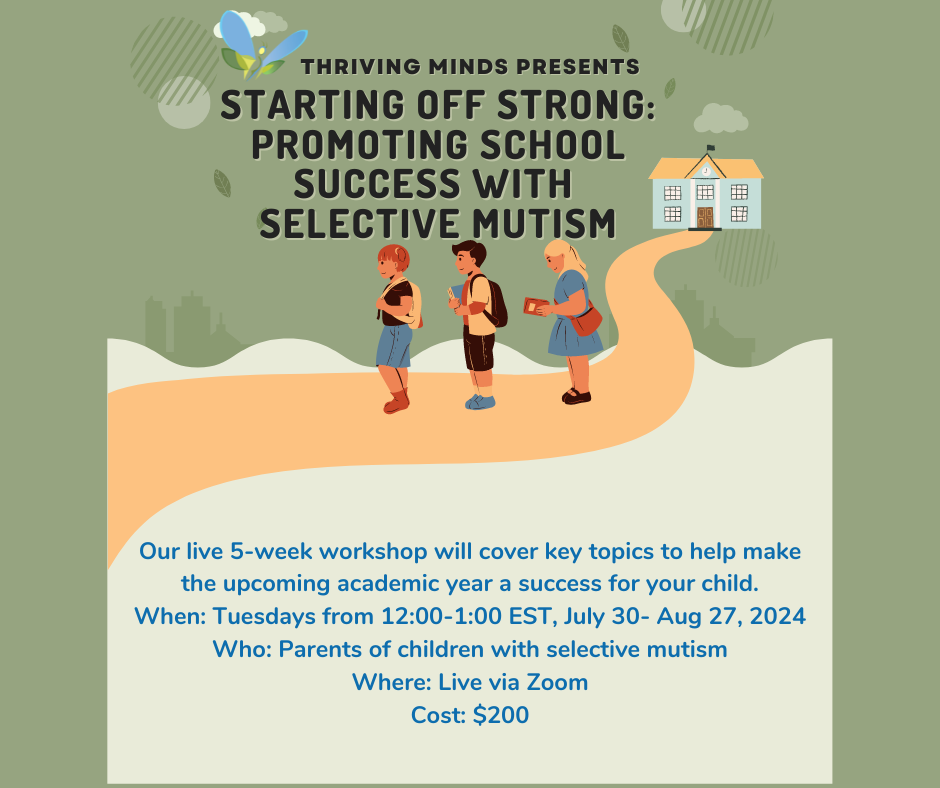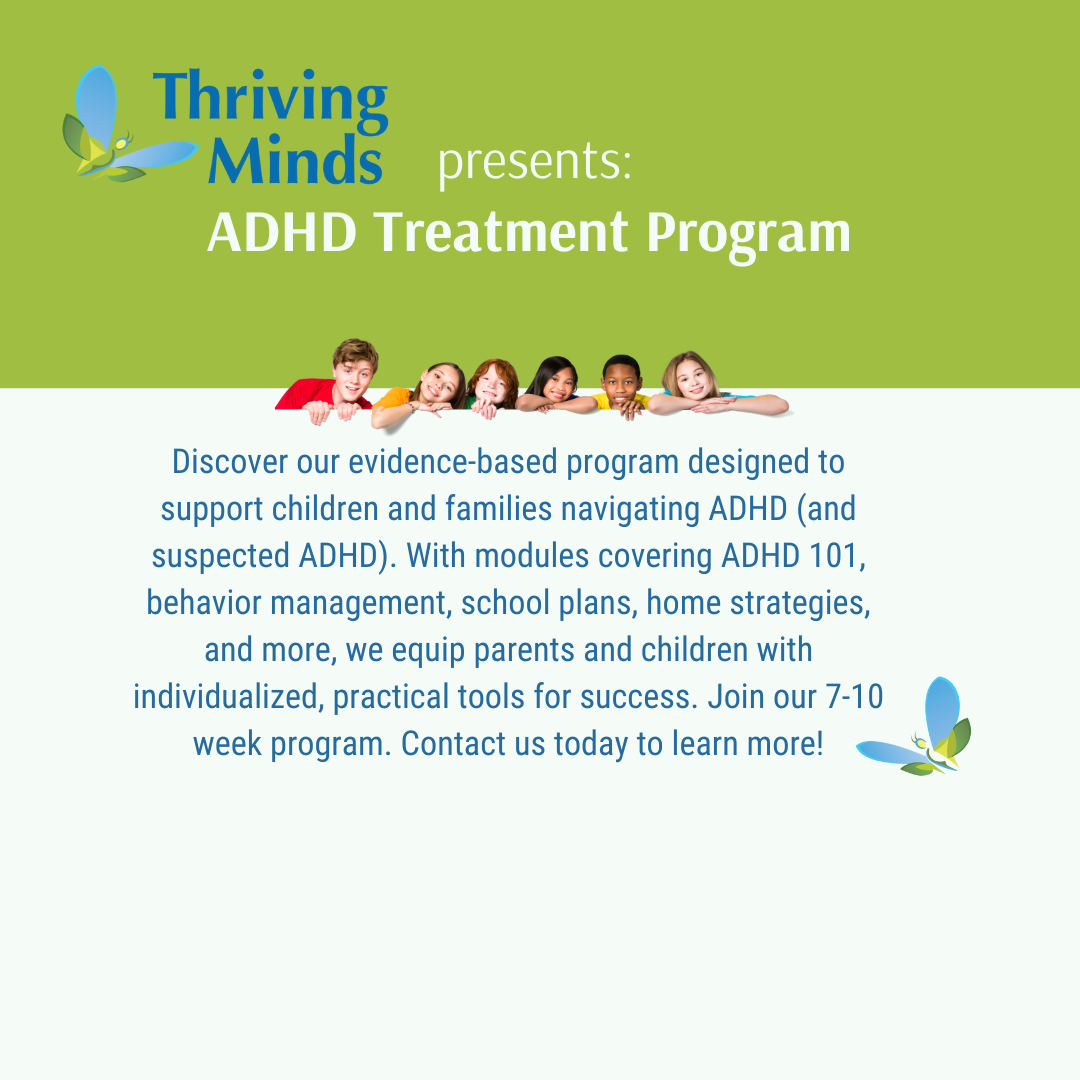Sleep plays a crucial role in the development of young minds, affecting their alertness, attention, mood, resiliency, learning, memory, and emotional regulation. Research shows that children who get enough sleep tend to do better in school, be in better physical shape, and struggle less with depression, anxiety, or other mental health challenges. However, many children and adolescents suffer from sleep problems that interfere with their optimal functioning and well-being. If left untreated, sleep problems can lead to serious consequences, such as impaired academic performance, increased risk of substance abuse, car accidents, sports injuries, and cardiovascular diseases.
It is essential for mental health professionals to be aware of the signs and symptoms of sleep problems in children and adolescents and to be able to provide effective behavioral interventions to help them sleep better. Join Dr. Roth for this interesting and informative webinar.


























